Alexandria, Va. – The Center for Alcohol Policy is pleased to announce that Joseph Uhlman, a third-year law student at the University of Kansas School of Law, has been named the winner of its 10th Annual Essay Contest. The national essay contest is intended to foster debate, analysis and examination of alcohol policy.
To enter the contest, participants were asked to provide thoughtful responses to this:
The Supreme Court has recognized “temperance” as a permissible goal of state alcohol regulation. Define temperance as it would apply in today’s alcohol marketplace. Is it still relevant today? Should temperance still be recognized as a permissible goal of alcohol regulation?
Center for Alcohol Policy Advisory Council member and Samford University Cumberland School of Law Professor Brannon Denning said, “We can learn much from our nation’s history with alcohol, especially looking at the societal problems that led to national Prohibition and the public policy initiatives that were put in place following the passage of the 21st Amendment, which repealed Prohibition and began today’s system of state-based alcohol regulation,” Denning continued. “This essay contest offers the opportunity to continue the examination of how alcohol regulations remain relevant today.”
Submissions were received from across the country, California to Florida and Oregon to New Hampshire; from high school and college students to law school students; and from a diverse set of professions ranging from paralegal to registered nurse to a martial arts instructor.
Uhlman’s winning essay, “The Syntax of the Sin Tax: Why Redefining Temperance Will Promote Defensible Alcohol Legislation in Today’s Marketplace,” presented a case to redefine temperance in recognition of the evolving alcohol marketplace and current society. “… If we accept that temperance as a modern concept is alive and well, then we can redefine it to reflect its current place in society,” Uhlman explained. “But the current state of temperance is unwell,” Uhlman continued, “To revive temperance’s standing in both the public eye and in the courts, a reliable legal definition is needed that addresses both modern social concerns about alcohol while comporting to changes in technology and commerce that impact its use and distribution.” Uhlman asserted that redefining temperance “would be a major win for temperance advocates, because it takes a currently ambiguous term of art that the Supreme Court has recognized as Constitutionally important and redefines it on solid ground.”
Uhlman concluded, “To keep temperance relevant in today’s world, and to protect the modern goals of temperance in the courts, it should be redefined as: policies and laws that promote moderation in the use of intoxicating drink for the purpose of promoting health and safety.”
Timothy Gervais, a high school librarian at John Adams Academy in Roseville, Calif., was awarded second place for his essay, “A Return to Temperance: Regulation, Cultural Change, and Private Temperance in the Modern Age.” Gervais explained, “The idea that individuals should moderate consumption of alcoholic beverages to mitigate negative health and societal issues is far from a radical religious claim.” Noting how public health has improved because of temperance efforts, the essay concluded, “If Prohibition was a failure, Prohibitionism was a forgotten triumph.”
Henrik Born, a third-year law student and Senior Articles Editor of the Journal of Law and Business at New York University School of Law, was awarded third place for his essay, “What’s in a name? A Study of Temperance in American History and a Proposal for Redefinition.” The essay explained how a balanced definition of temperance should be backed by research and promoted through education of the public health and safety risks of unchecked alcohol consumption. Henrik concluded that, “…balanced temperance requires a multi-faceted approach to regulation that starts with a stronger emphasis on research.”
The winning entrants received prizes of $5,000, $2,500 and $1,000 respectively.
To read the winning essays, please visit www.centerforalcoholpolicy.org/essay-contest.
Photo Downloads:
Joseph Uhlman – First Place
Timothy Gervais – Second Place
Henrik Born – Third Place
###
The Center for Alcohol Policy is a 501 c(3) organization whose mission is to educate policy makers, regulators and the public about alcohol, its uniqueness and regulation. By conducting sound and scientific-based research and implementing initiatives that will maintain the appropriate state-based regulation of alcohol, the Center promotes safe and responsible consumption, fights underage drinking and drunk driving and informs key entities about the effects of alcohol consumption. For more information, visit www.centerforalcoholpolicy.org or follow the Center on Twitter at www.twitter.com/AlcoholPolicy.
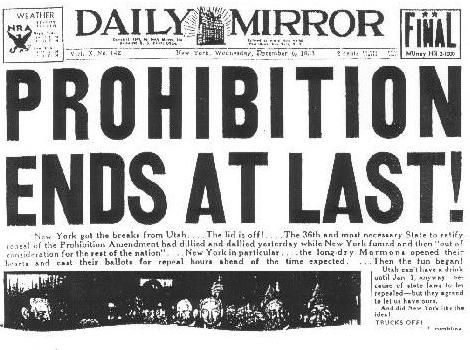

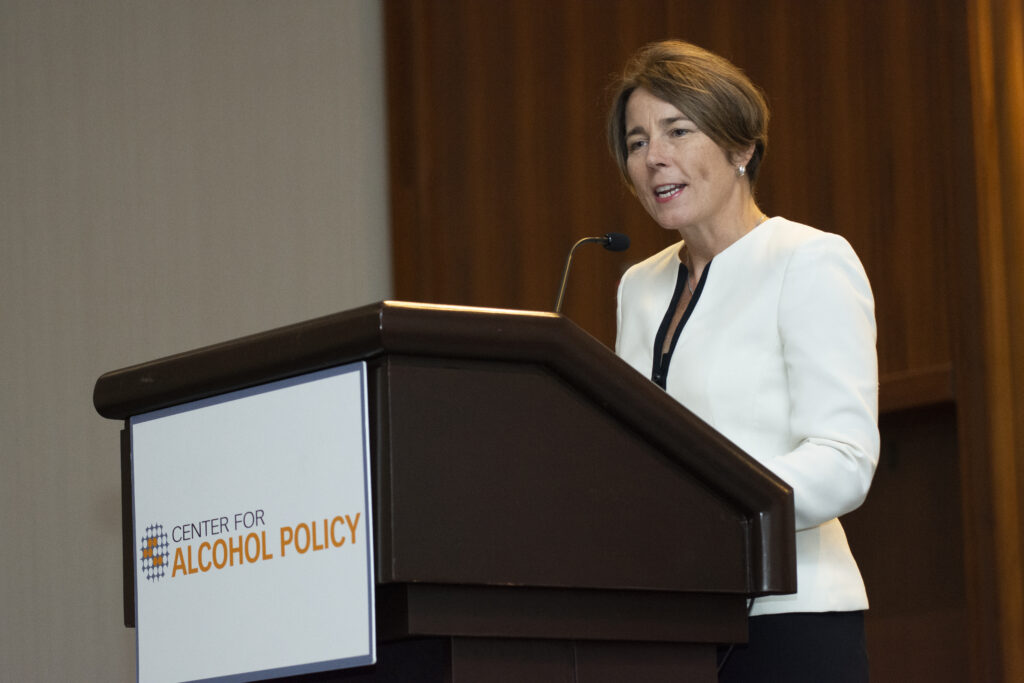
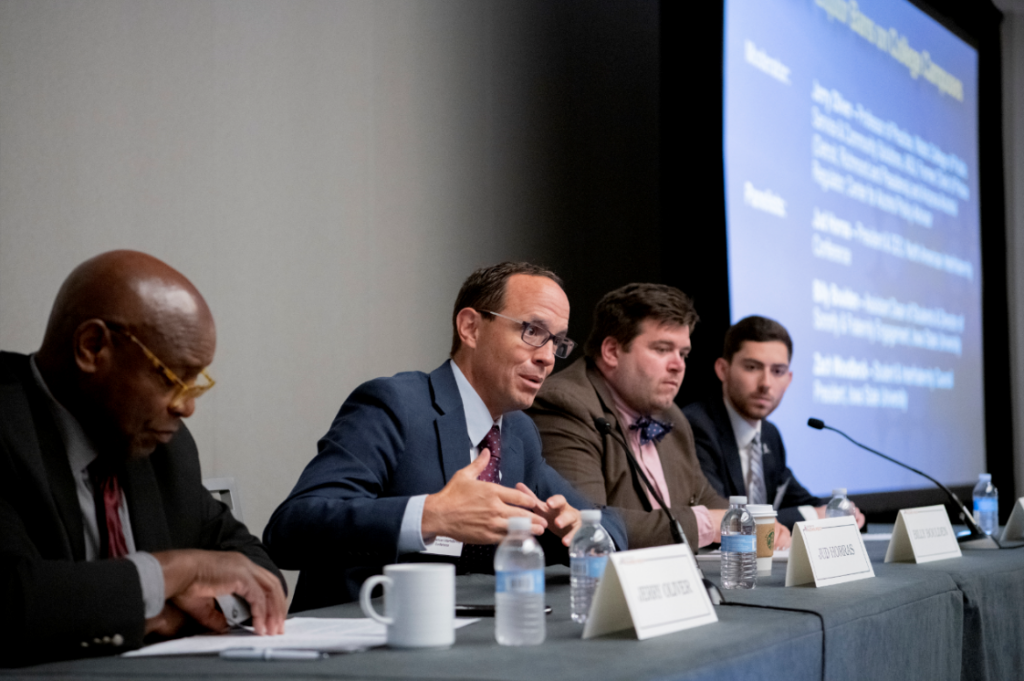


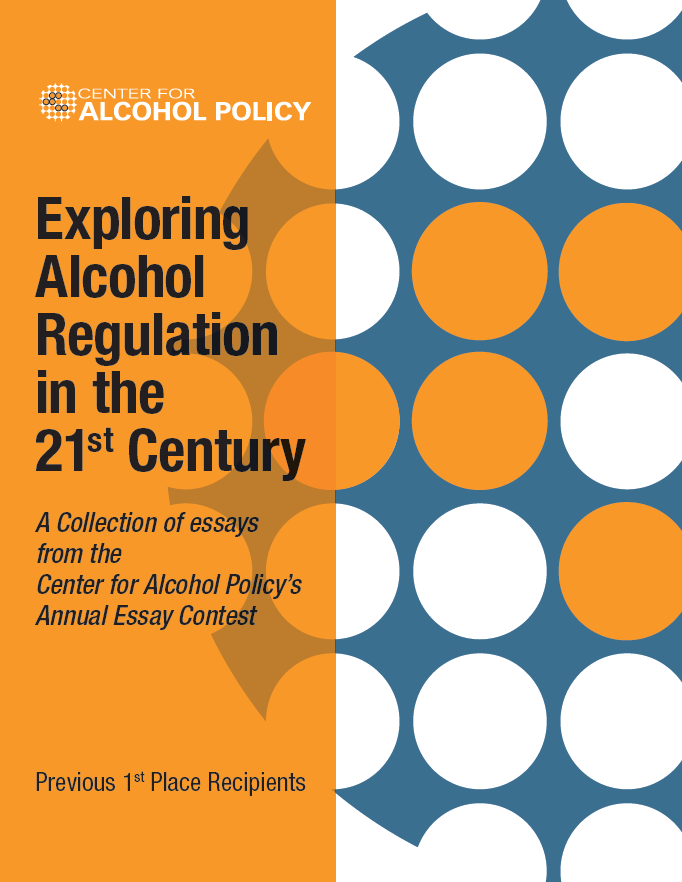
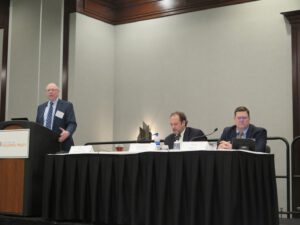
 Alexandria, Va. – The Center for Alcohol Policy hosted its
Alexandria, Va. – The Center for Alcohol Policy hosted its  Alexandria, Va. – The
Alexandria, Va. – The